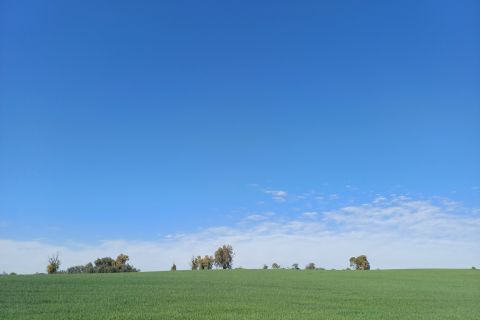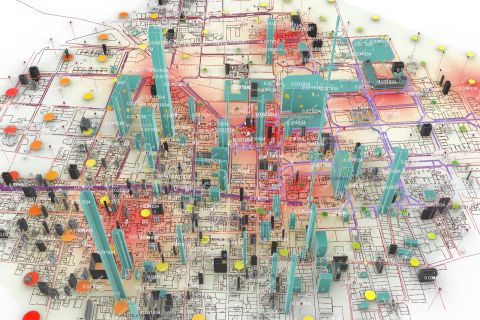Bezalel News
חדשות בצלאל
أخبار بتسلئيل
Edmond de Rothschild | Interviews with Erez Gavish and Dr. Hagit Keysar
Erez Gavish, Head of the department of Visual Communication and Dr. Hagit Keysar, Head of the Master's Degree in Visual Communication have interviewed for Edmond de Rothschild. The purpose of the Edmond de Rothschild Design Award is to promote and encourage excellence through public recognition of established designers with a high caliber portfolio of significant volume; to identify and support emerging designers at the start of their career; to boost local interest in contemporary design and enhance international exposure to Israeli design in particular.
The Visual Communication award will be granted to designers whose body of work involves the visual communication field in all its forms: graphic design, typography, image and branding, art direction, illustration, digital interface and game design, and any other design for print and screen.
Erez Gavish:
“Design is a field that is driven by one’s aspiration for excellence and personal agendas. To make an impact, we just need to design well.
Until recently, technical skill was a prerequisite for excellent design. In recent years we have been receiving digital assistance along the design processes. It begins with the ease of design and creation with digital tools (compared to the chaotic absoluteness of manual design) and continues into the descriptive, textual creation of image generators and artificial intelligence.”
Dr. Hagit Keysar:
"What is the role of visual communication in view of the suppression of democracy, the reduction of public space, critical thinking, and the possibility of a common civil space in this place?
Graduates, especially in advanced degrees, need intellectual abilities and interdisciplinary skills that will equip them with tools for social and critical analysis, and for action and intervention in multiple fields. Flexibility that will allow them to take part and intervene in the contexts of society, culture, politics - in industry, in civil society organizations, in policy, art, research, and activism.”






